- Islamabad
- 31.8°C
- Today ( Saturday, 7 June 2025)
- Home
- Non-Fiction
- The Tapestry of Non-Fiction in English Literature: An Evolutionary Journey
The Tapestry of Non-Fiction in English Literature: An Evolutionary Journey
The tradition of non-fiction in English literature has undergone a transformative journey, mirroring the changing intellectual, social, and cultural landscapes across various epochs. From the early roots of essays and historical chronicles to the contemporary forms of memoirs, investigative journalism, and creative non-fiction, the tradition of English non-fiction has evolved as a dynamic expression of human thought and experience. Early Essays and Chronicles: The Foundations of Non-Fiction The origins of English non-fiction tradition can be traced back to the essayistic writings of thinkers like Francis Bacon and the historical chronicles of chroniclers such as Geoffrey Chaucer. These early works set the stage for the development of non-fiction as a distinct genre, exploring ideas, observations, and factual accounts. The Enlightenment: Philosophical Discourse and Satire The Enlightenment era witnessed a surge in non-fictional discourse, with philosophers like John Locke, Voltaire, and Jonathan Swift contributing significantly to the tradition. Philosophical treatises, political essays, and satirical works, such as Swift's "A Modest Proposal," exemplify the diversity of non-fictional expression during this period. 19th Century: Rise of the Essayists and Social Commentary The 19th century marked the flourishing of non-fiction through the works of prominent essayists and social commentators. Writers like Ralph Waldo Emerson ("Self-Reliance"), Thomas Carlyle ("Sartor Resartus"), and John Stuart Mill ("On Liberty") engaged with the pressing issues of their time, exploring individualism, societal change, and the consequences of industrialization. 20th Century Journalism: Investigative Reporting and New Forms The 20th century witnessed a paradigm shift in non-fiction with the rise of investigative journalism and new forms of expression. Figures like George Orwell ("Homage to Catalonia"), Hunter S. Thompson ("Fear and Loathing in Las Vegas"), and Joan Didion ("Slouching Towards Bethlehem") brought a literary quality to journalistic writing, blurring the lines between fact and artistry. Memoirs and Creative Non-Fiction: A Personal Exploration In the latter half of the 20th century and into the 21st century, non-fiction expanded to include memoirs and creative non-fiction. Authors like Maya Angelou ("I Know Why the Caged Bird Sings"), Malcolm Gladwell ("Outliers"), and Michelle Obama ("Becoming") showcased the power of personal narratives and the blending of literary techniques with factual storytelling. Environmental and Science Writing: A Contemporary Shift In the contemporary era, non-fiction has taken on new dimensions with the rise of environmental and science writing. Works such as Rachel Carson's "Silent Spring" and Bill Bryson's "A Short History of Nearly Everything" exemplify a renewed focus on environmental concerns and the popularization of scientific knowledge. A Diverse and Expansive Tradition The non-fiction tradition in English literature is a dynamic and expansive tapestry, reflecting the intellectual curiosity, social concerns, and individual perspectives of each era. From the philosophical musings of the Enlightenment to the immersive narratives of modern memoirs, non-fiction continues to be a versatile and powerful means of exploring the complexities of the world. This evolving tradition underscores the enduring relevance of non-fiction as a vital form of literary expression.
-
In a clinical performance, Pakistan secured the top spot in Pool D by defeating New Zealand 4-0, despite the junior Black Sticks leading in match statistics. The opening goal came from Abdul Rehman, capitalizing on a turnover at a 16-yard hit, with Arshad Liaqat ultimately ...
-
In a thrilling encounter, the Netherlands emerged victorious with a 5-3 score against Belgium, securing their position in the tournament. The Dutch, applying relentless pressure, took an early lead in the ninth minute with Timo Boers burying a low drag flick. Belgium respon...
Get Newsletter
Subscribe to our newsletter to get latest news, popular news and exclusive updates.


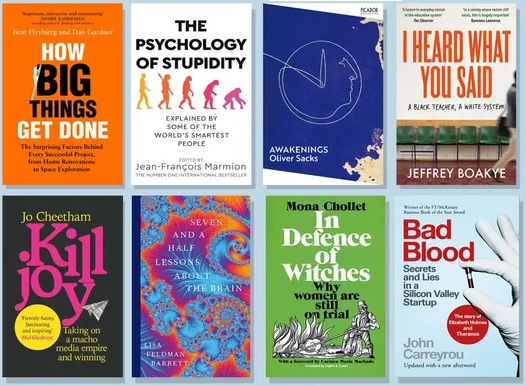


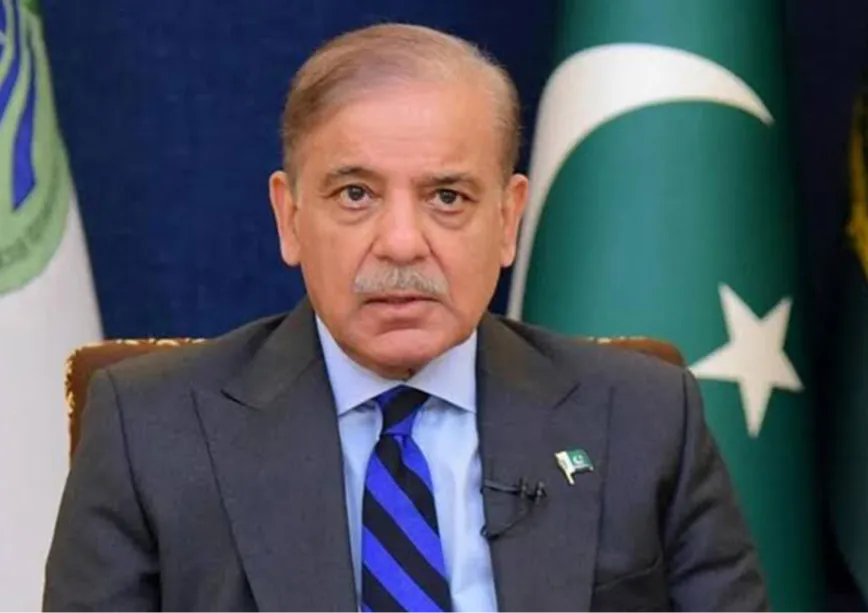









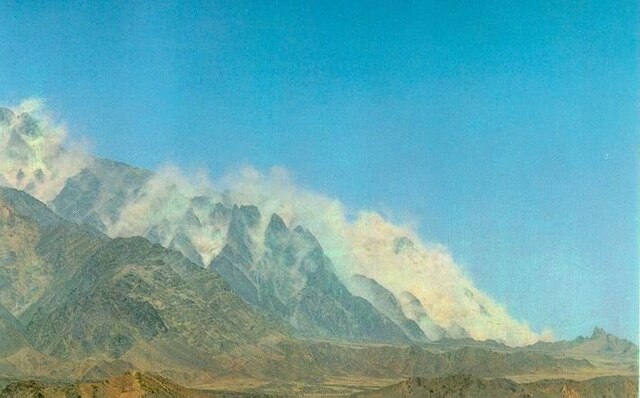
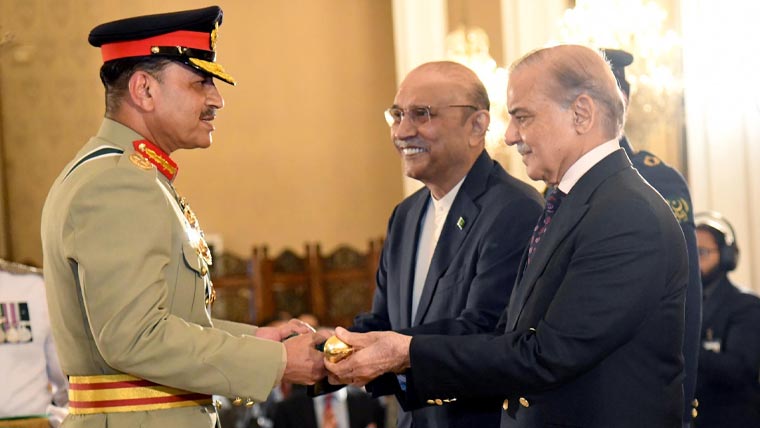







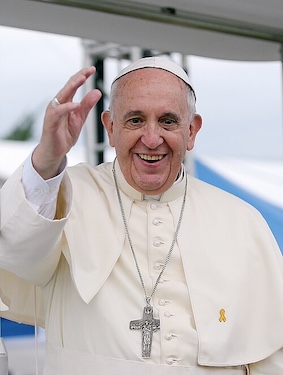
Facebook Comments